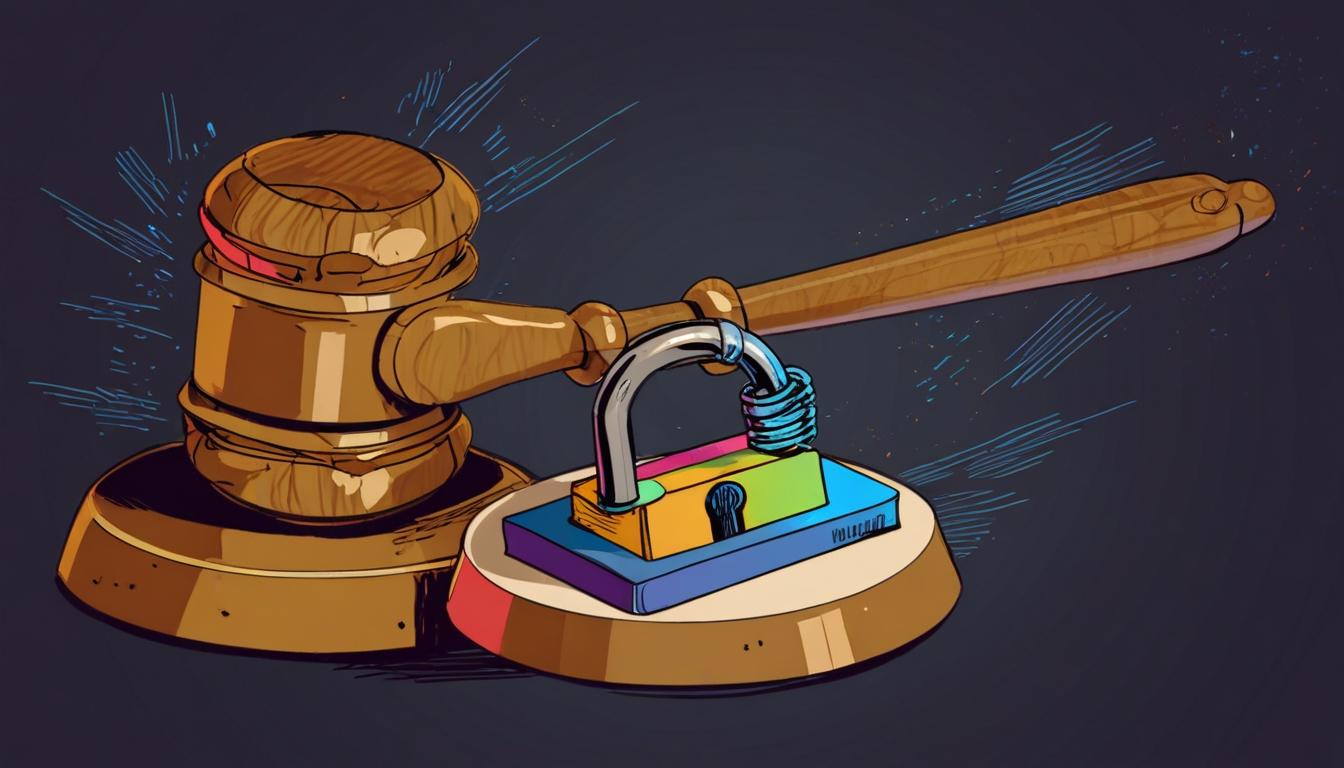On April 30, 2025, the Karnataka High Court issued a significant ruling directing the Union Government of India to initiate proceedings to block access to Proton Mail, an encrypted email service headquartered in Switzerland. This directive was prompted by a petition from Bengaluru-based design consultancy M Moser Design, which reported that its employees and clients had received disturbing emails through Proton Mail accounts. These emails allegedly contained sexually explicit materials, AI-generated deepfakes, and morphed photographs, raising serious concerns about digital privacy, security, and content regulation in India.
Justice M. Nagaprasanna, presiding over the case, invoked Section 69A of the Information Technology Act, 2008, along with Rule 10 of the Information Technology (Procedure and Safeguards for Blocking Access of Information by Public) Rules, 2009. The court underscored the urgency of the issue by describing the content circulated via Proton Mail as “akin to pornography,” warning about the threats such services pose to public order. Emphasising the challenge of digital services operating outside Indian jurisdiction yet accessible domestically, the court asserted the need for state intervention.
The petitioners, represented by counsel Jatin Sehgal, outlined their concerns over the encrypted and anonymous nature of Proton Mail, which they claimed had allowed malicious actors to evade Indian regulatory and surveillance frameworks. The firm’s employees reportedly received morphed images, AI-generated nude photos, and objectionable messages through the platform, causing them mental distress and damaging their professional reputations. Sehgal further highlighted that Proton Mail does not maintain physical servers in India and had previously withdrawn its VPN services from the Indian market after refusing to comply with data localization laws. He also accused the service's website of openly advising users on how to circumvent government surveillance, allegedly breaching Indian cybersecurity standards.
The petition detailed prior instances where Proton Mail was reportedly used to send bomb threats to Indian schools, exacerbating concerns related to national security due to the platform’s lack of cooperation with Indian law enforcement agencies.
In response, Additional Solicitor General Aravind Kamath, appearing for the Centre, explained to the court that although a Mutual Legal Assistance Treaty (MLAT) exists between India and Switzerland, obtaining user data requires a Letter Rogatory issued by a magistrate under the Bhartiya Nagrik Suraksha Sanhita. Kamath indicated the government’s willingness to comply with blocking directions if provided by the court. This declaration led the Karnataka High Court to exercise its powers under Article 482 of the Criminal Procedure Code (CrPC) to issue interim blocking orders against Proton Mail.
The court also questioned the absence of a formal governmental mechanism to regulate or block encrypted platforms and VPN services that, while lacking infrastructure in India, have a significant impact on the country's digital ecosystem. This ruling marks an important development in India’s ongoing discourse on managing the dual-use nature of encryption technologies, which protect privacy and freedom on one hand but may also be exploited for cybercrime and harassment.
The420.in is reporting that this decision sets a precedent in the balance between digital privacy rights and national security imperatives, elevating the scrutiny on encrypted communication services accessible within Indian territory but beyond its immediate legal reach.
Source: Noah Wire Services
